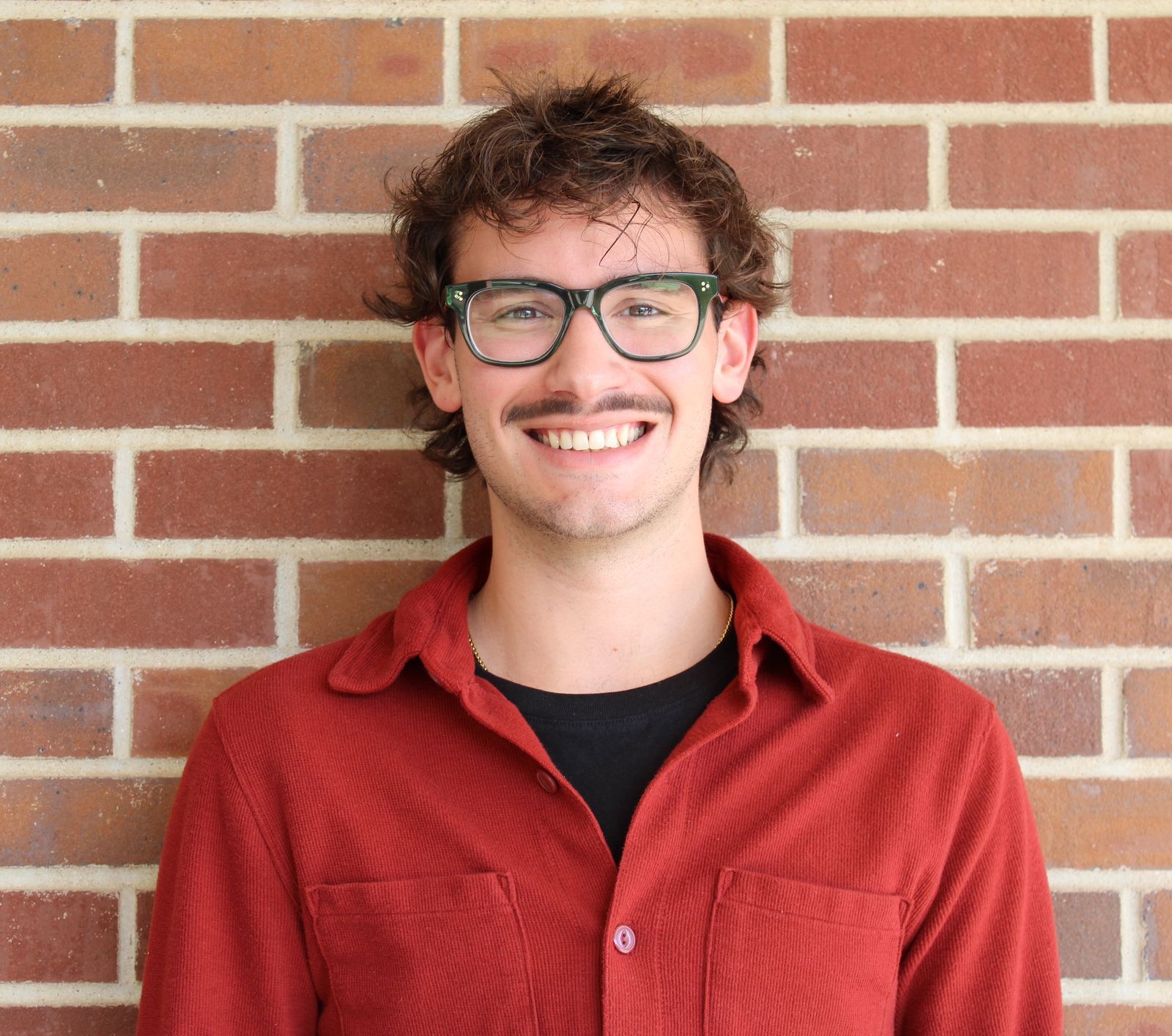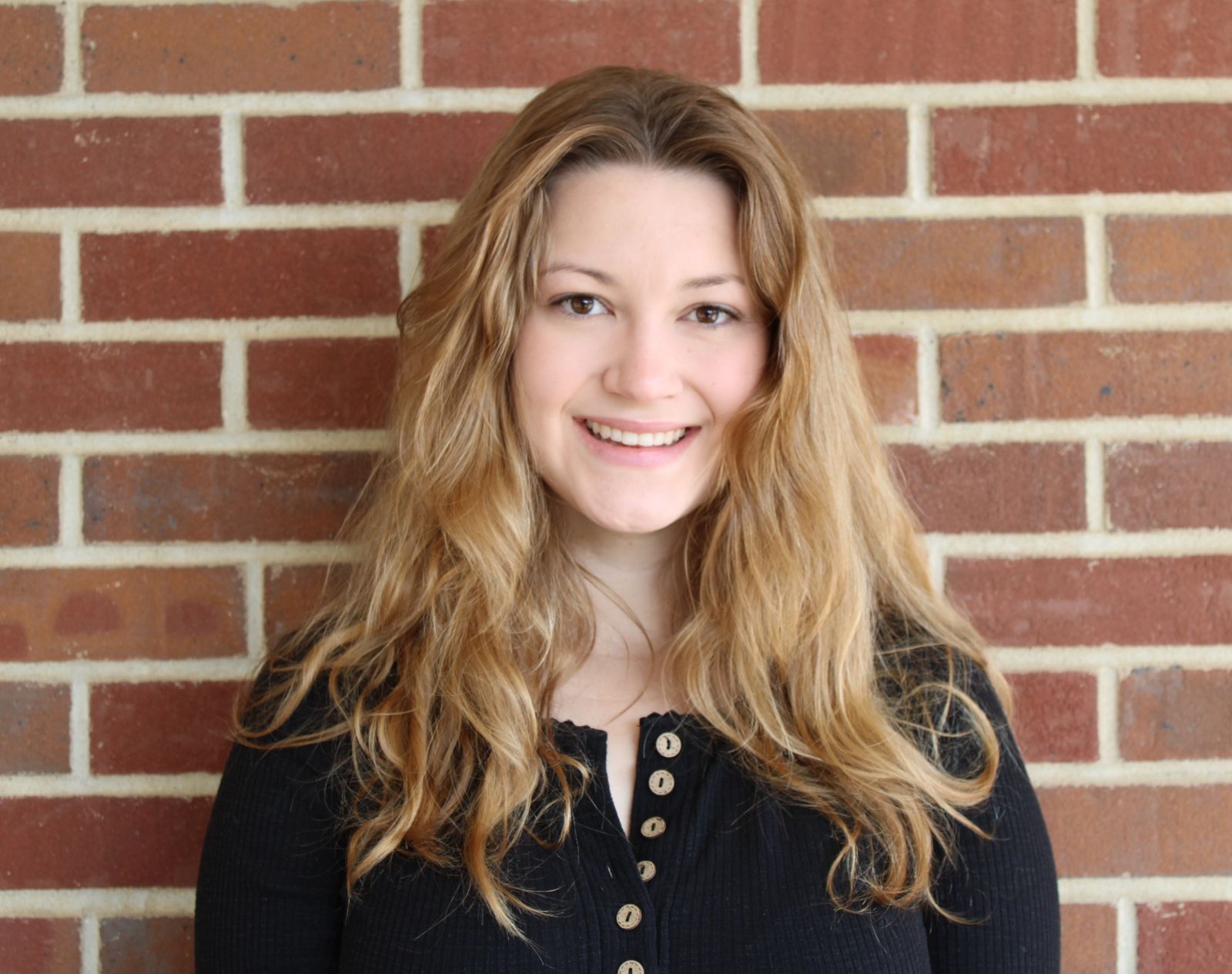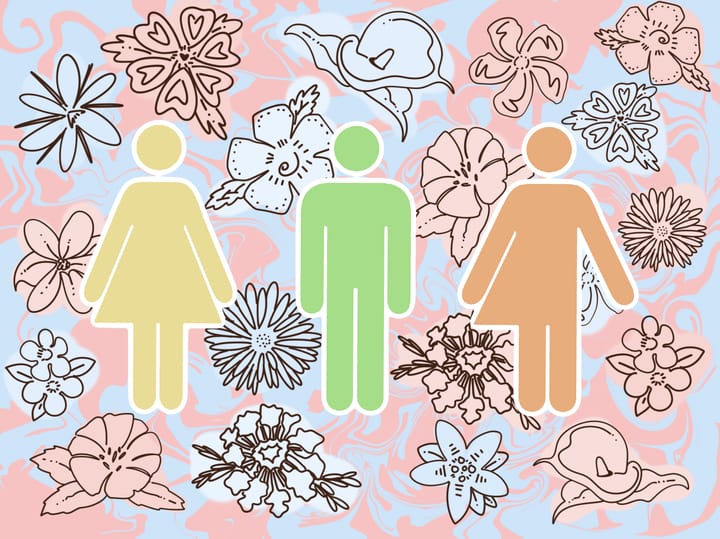ANGLES: Should everyone have a platform?

It’s hard to say what those who ratified the Bill of Rights, and by extension the First Amendment, intended freedom of speech to mean for future generations. Nevertheless, the right to free speech has become a pillar of American democracy and a precious value, especially in the field of journalism.
The judicial system over the years has done much to define and expand on the language of the First Amendment regarding free speech.
At one time, earning a platform required building credibility through more traditional means: a political career or experience as a reporter, for example.
However, social media and the internet have offered a new avenue to practice freedom of speech. Everyone with access to the internet has a platform on which to post thoughts and ideas for the world to see.
On one hand, this changing landscape has allowed many marginalized groups to be heard in ways they never have been.
On the other, it has also provided the means for misinformation and hate speech to reach more ears than ever before.
Questions of who deserves a platform and how that is decided in the digital age will continue to spark discussion. What freedom of speech means on the internet is still being decided.
Intent of speech matters
By Jack Erickson
I’m all about choosing kindness, but I know many people who believe kindness is something that requires a lot of energy.
Following the posting and removal of an extremist right-wing group’s propaganda on Augie’s campus, I contemplated, and discussed with friends, the relationship between hate speech and the First Amendment, which protects Americans’ rights to free speech.
The biggest question everyone asks is where do we draw the line? When do ideologies become harmful, and when are they just toeing the line? How do we separate freedom of speech from hate speech?
I believe most people deserve a platform to speak on topics that are personal to them, their experiences or to their family and friends’ experiences. However, there are select individuals or groups who clearly do not deserve the same height of a soapbox as others.

In order for our right to free speech to stand the test of time, we must con-
sider that free speech still comes at a cost: public wellbeing.
There are many diverse voices in the world — from those of all races, ethnicities, cultures, faiths, sexes, genders, sexualities, gender expressions, occupations, socioeconomic statuses, economic classes and abilities. The public education of these diverse perspectives is a much bigger part of media and everyday life than it has been in the past, which I am very thankful for.
Voices focused on productively educating the public and exposing social disparities are voices that need to be heard. But when the intention of the voice changes — towards harm, violence or personal hatred based in opinion — then you cross the line from free speech to hate speech.
For example, when former President Donald Trump lost to President Joe Biden in the 2020 presidential race, Trump’s call-to-action to his supporters resulted in the raid of the Capitol on Jan. 6, 2021.
Trump’s voice was used to ensue chaos, not to productively educate the public about the democratic process. He had an opportunity to use his voice for good, but opted for a much more malicious approach. He used his right to free speech to spread hate.
In order to tease out the malice or good of a person’s intent, we must ask what they do if given a platform. Will they use it to educate, or will they use it to hurt and put others down?
Choosing kindness is easy, and by using one’s voice to be malicious, the intention behind the First Amendment is squandered. For a more productive society, choose kindness over hate. Listen when people are trying to teach you.
Although every voice matters, it’s how individuals or groups are using their voice that matters more so. It’s about intent, not the voice itself.
Speech must be universal
By Veda Tonneson
Finding out the First Amendment protects hate speech was a startling experience.
While I know it is probably too optimistic of me, I would like to think our society is better than protecting discrimination, prejudice and hatred towards people who are different from us.
I would have always said I disagreed with the right to free speech because not every voice should be heard, especially those that want to separate people and create animosity. However, as a journalism student, I have come to see the idea of freedom of speech in a new light.
While I still firmly believe we should not encourage people to publicize racist, homophobic, sexist or derogatory ideations, I don’t believe censoring speech is the right answer.
Censoring speech is like slapping children on the hand for doing something naughty. They will learn to hate the disciplinarian and find other ways to express themselves. If we explain to children why their actions were harmful or dangerous, they will understand that their actions have consequences and in turn become
more conscious individuals.

Free speech is crucial for social change. At one point in history, segregation was socially acceptable, gay marriage was illegal and women were constantly treated as objects. The idea of empowerment for these minority groups was in no way popular. The right to free expression helped spread the idea of equality, and eventually society improved. In these cases, banning unpopular speech would have limited social change.
If we were to start banning unpopular speech, what would stop people from banning speech about liberation and equality? Of course, most people would agree that racism, homophobia, sexism and similar issues are purely terrible. For the sake of fairness, though, who are we to dictate what beliefs are right? It is foolish to believe that every culture will share the same values. We would be no better than the most hated dictators if we were to limit ideas and enforce beliefs.
Without contrasting views, we can’t be as secure in our own convictions. The goal is that the discussion of differing beliefs will allow truth to rise to the top. Obviously, violent calls to action must be stopped, and words in- citing violence are not constitutionally protected. However, you can’t censor speech just because you don’t agree with it.
If we want a world that is free of negativity and hate, banning speech isn’t going to do much. We need to focus on educating people about why hate never wins and teaching people to embrace differences. By teaching people how to love others, we will create a form of social change that censorship will never accomplish.
Placing limits on what speech is acceptable ultimately chills valuable social discussion. Once we start banning certain speech, it becomes a slippery slope of what we can and can’t say, and people will be afraid to speak out if they think their
ideas aren’t popular. We as a society can’t risk chilling free discussion just to censor hateful people who will find a way to keep hating.
We need free speech to encourage people to speak up, call out those who are unjust and communicate vigorously about critical ideas.



